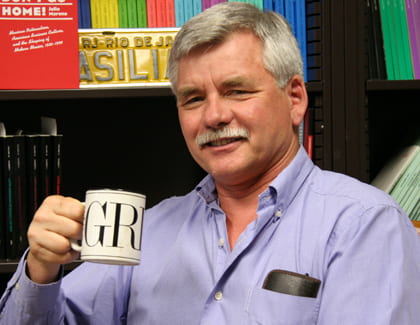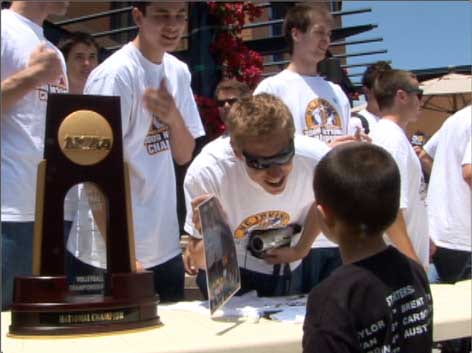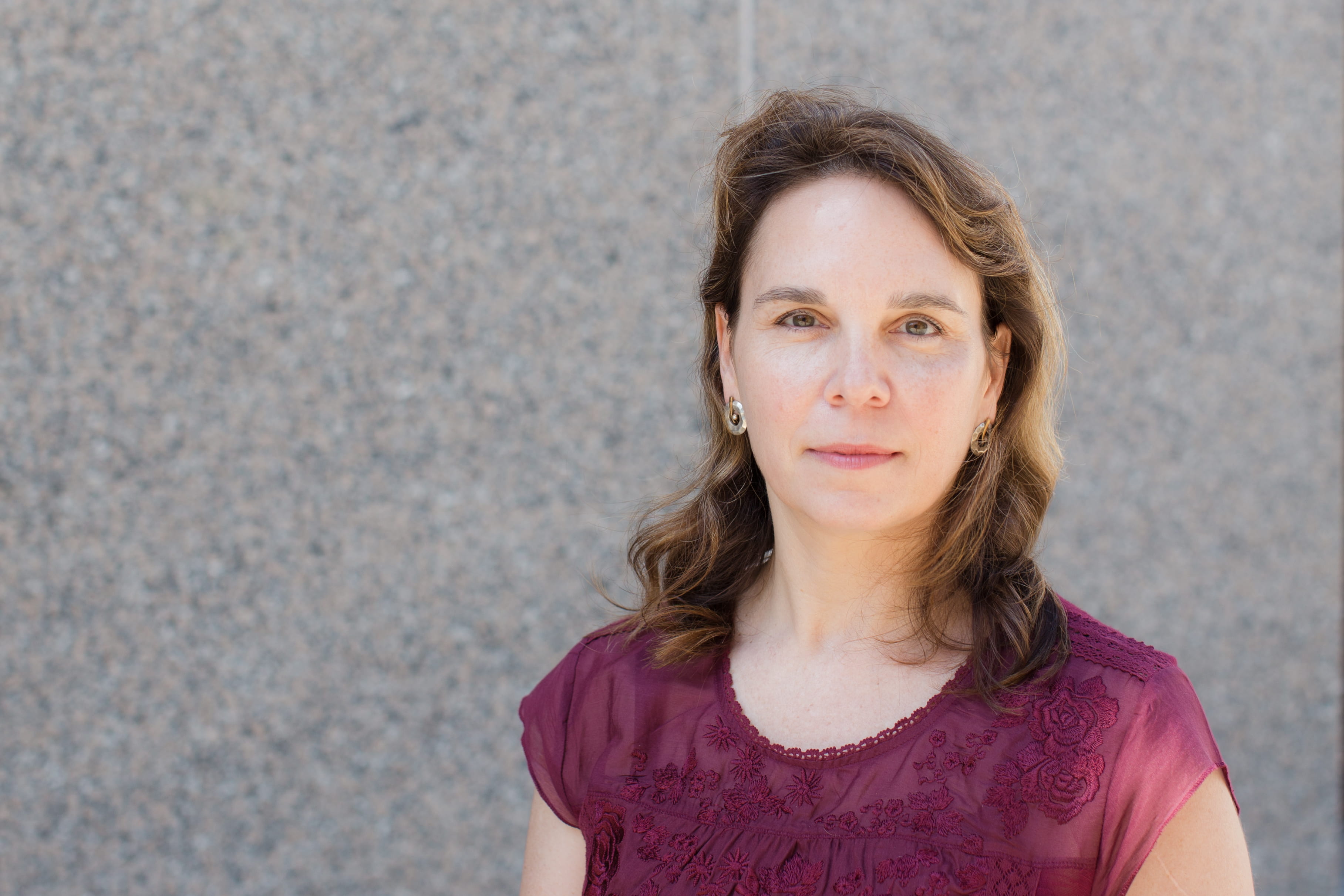Mr. Coffee
Professor Steven Topik finds a world of history in a simple cup o’ Joe

To Steven Topik, a cup of coffee holds many things, from childhood memories of his grandmother’s Viennese coffeehouse to the grounds for his present-day teaching and research.
“Coffee ties together parts of my life,” says Topik, a UCI history professor.
He’s even started teaching an undergraduate course on coffee.
Called “The World of Coffee,” his class draws on economics, political science, anthropology and other disciplines to help students realize “there’s a world of history in a coffee cup.
“I don’t know of another course like this in the United States,” Topik says.
More than 90 students enrolled in the spring session, and they represented a generous sampling of disciplines, from chemistry to criminology. Eight guest speakers, including Martin Diedrich, founder of Diedrich’s Coffee and Kéan Coffee in Newport Beach, visited the class.
Consumed almost everywhere, coffee provides “a case study for the development of the world economy for the last 500 years,” Topik says.
“Through coffee we can study Islam; European colonialism; slavery in Haiti, Brazil and other countries; the French Revolution (Parisians gathered in cafés to argue for human rights); and the U.S. coffeehouse movement.”
Coffee runs deep in Topik’s own family history. In Leipzig, Germany, his grandfather visited what many consider the first coffeehouse in the country for his daily dose of brew. Topik was raised in Fullerton by coffee-drinking parents, and at age 12 he spent six months in Vienna living above his grandmother’s coffeehouse, breathing the heavy scent of the beans.
His interest in coffee took an academic turn in the 1970s; while pursuing a doctorate in history at the University of Texas, he began studying world economy and the histories of Mexico and Brazil – the largest coffee producer. Since joining the UCI faculty in 1984, he’s written and edited numerous books and articles on world economy – a topic that naturally includes coffee.
Topik plans to offer his coffee course again in spring 2007. Developing the curriculum has helped him collect material for an upcoming book he’s writing on the world history of coffee.
His unusual specialty also has made him a sought-after speaker at conferences worldwide; he’ll speak at a coffee conference in Brazil in November.
One question he often hears from his audience and students isn’t academic: People want to know if he drinks the stuff.
“Of course,” he replies. “Every morning I have a cup.”

